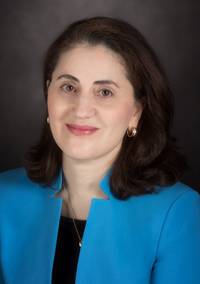AACR, Author Interviews, Breast Cancer, Cancer Research, Surgical Research / 08.04.2019
Surgery Beneficial to Some HER2+ Metastatic Breast Cancer Patients
MedicalResearch.com Interview with:
Sharon S. Lum, MD, FACS, Professor
Department of Surgery-Division of Surgical Oncology
Medical Director of the Breast Health Center
Loma Linda University Health
Loma Linda University School of Medicine
MedicalResearch.com: What is the background for this study?
Response: Anecdotally, we observed that many patients with advanced HER2+ breast cancer have had tremendous responses to the new targeted therapies and the oncologists were referring them back to surgeons for consideration of local regional therapy.
While traditionally surgeons have avoided operating on metastatic breast cancer patients due to the patient’s likelihood of dying from their metastatic disease, these HER2+ patients seemed to be doing so well that surgery might make sense. In our surgical oncology clinic, we seemed to be operating more on these patients. Since these patients seemed to be living longer, they might survive long enough for their primary tumor to become a problem for them.
However, we did not have any data to support doing surgery in these cases. Prior studies have demonstrated mixed results regarding the survival benefit from surgery for stage IV breast cancer patients, but these were completed prior to routine use of anti-HER targeted therapies, so we wanted to further examine the role of surgery in HER2+ stage IV breast cancer patients.
(more…)





